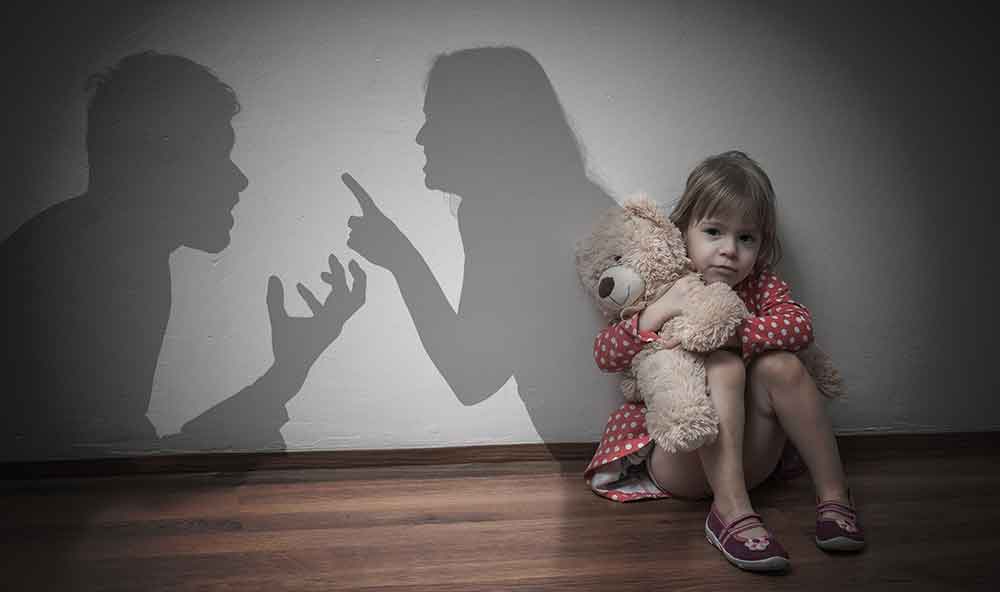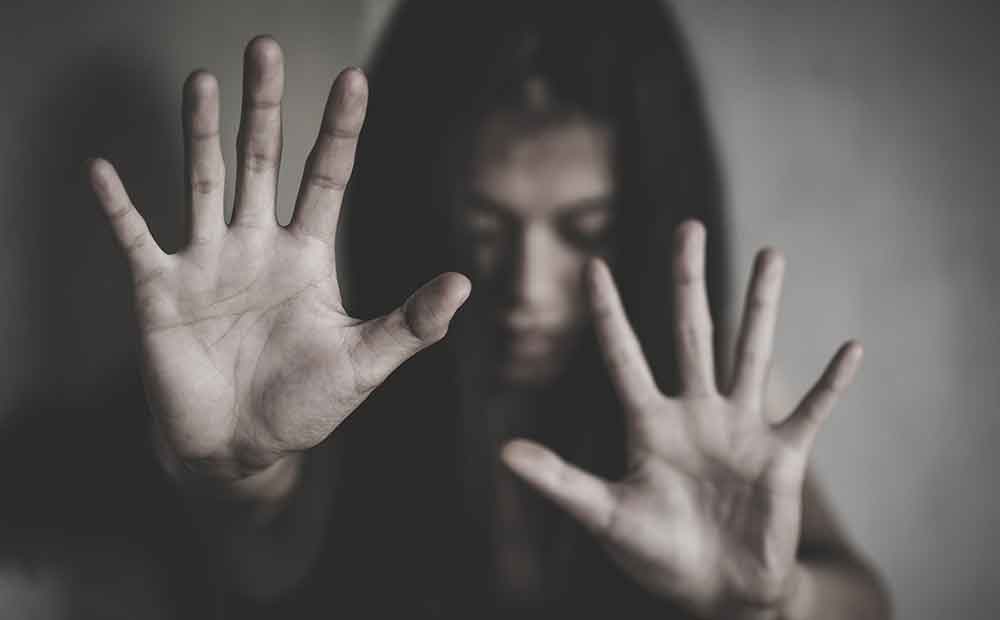TRACING THE ROOTS OF OUR PERSONAL SHADOWS

It is difficult to accept that all of us sell ourselves out, sacrificing our complexity and authenticity in an effort to feel safe, earn money and win love. We trade off peace of mind for persona, building up a large debt to attain symbols of external status. We trade off authentic relationships for hot anonymous sex or an appearance of purity. We trade off lifelong struggles of soul-searching for the temporary pleasures of an addiction.
We do make these pacts unconsciously, without knowing the sacrifice involved: the loss of vulnerability, intimacy, authenticity, imagination and soul. But, at some point we wake up to the cost of the bargain. We previously believed that by sacrificing ourselves we would avoid suffering; we would not have to acknowledge our own darkness. We discover we have committed the ultimate betrayal: We have betrayed ourselves. This is the moment our shadow self seems large and overpowering. Our ego believes it is life-threatening because when shadow takes over, the ego is pushed to the backseat and a forbidden part of ourselves moves forward and takes the steering wheel. These internal figures of the shadow are in each one of us.
MEETING THE SHADOW: Abusers, Abandoners, Addicts, Critics…

When we feel humiliated by an unacceptable aspect of ourselves— the addict, the critic, the thief, we meet our interior saboteur a shadow quality. When we walk into a party and have an immediate dislike of a stranger (“He is so arrogant,” “She is so fat.”) we meet a projected shadow quality.
The difficult part is the shadow is unconscious, we can’t see it directly because it is hidden… We need to learn to seek it and find out where to look!
The answer!!! The shadow hides in our secret shames.

To uncover the feeling of shame is to discover where our shadow material lies; toward sexual taboos, bodily defects, emotional regret— it points towards that which we would not dare do but would secretly love to do! When our shameful feelings are tucked away from those we love or even from ourselves, the shadow remains in the dark and unavailable for healing.
Some questions to ask yourself:
What private thoughts or feelings embarrass you?
What trait do you wish to get rid of?
In what ways to do you feel unacceptable, dirty, or shamefully different?
Here are some important things to remember about your shadow with more questions to ponder:
- Shadow disguises itself through our projections when we react intensely to a trait in someone that we fail to see ourselves. Who do you hate or judge the most? What is it that you can’t stand in a friend or family member?
- Shadow lurks in our addictions. We have compulsive behaviors to deaden shadowy feelings, using alcohol, drugs, sex, food, or work to become deaf to the call of the SELF. What do you crave most deeply? What desires do you attempt to control or limit when you succumb to the addiction?
- Shadow blurts out in slips of the tongue. It reveals unintentional feelings or thoughts such as sexual innuendo, sarcasm, or cruelty. Caught with our mask down, we smile in embarrassment. What do you secretly wish you could say but believe you cannot?
- Shadow erupts in humor at another’s expense. When have you been surprised or ashamed by your reaction to another’s demise?
- Shadow wears the camouflage of physical symptoms. We can lie to ourselves but the body does not! We may forget the abuse, but our body does not. Our bodies absorb the wear and tear of emotional experience. Slowly over the years, the patterns of stress and trauma accumulate. What is your body trying to say? If your cells could speak, what secrets would they reveal? What betrayals?
- Shadow rears its head at midlife. In the first half of our lives, we are involved in creating stability in love and work, the tasks of the second half involve creating consciousness of that which have been neglected and ignored. This suggests that the first half is for developing the shadow, while the second half is discovering the shadow. In what ways do you yearn to change? When you are eighty years old, what will you regret having done or not done?
- Shadow dances through our dreams. Who appears in your dreams to contradict your waking self-image? What do these characters do and what do they need?
- Shadow reveals its gold in our creative works which help us build bridges between the conscious and the unconscious mind. The arts have the power to loosen the tight grasp of our conscious mind, permitting unknown moods and images to arise. What art would you like to explore to express yourself?
Shadow work is difficult because our ego is preprogrammed to turn the other way.

It is easier to shift into denial, and barely notice the feelings of humiliation, rage, or grief.
These feelings pass by unacknowledged and remain mute, their gift unreceived.
We need to open our hearts and listen to the message from the hidden parts of ourselves.
Listen to the voices that have been silenced and honor what they have to say. The most important lesson is to imagine the shadow characters hiding in our own souls.
THE ROOTS OF THE SHADOW IN PERSONAL PSYCHOLOGY
At a young age, our full range of aliveness, feeling, and dependency was way too much for our caretakers to bear.

Unknowingly, they betrayed our young souls, again and again, inflicting wounds of neglect, intrusion, cruelty, and shame.
To survive this wounding environment, as children we begin to conceal the unacceptable parts of ourselves in the shadow and present only the acceptable parts (our ego) to the world. The subtle series of feedback loops with parents, teachers, clergy, and friends we learned over and over, how to present ourselves in an attempt to feel safe, accepted, and loved. In this way, ego and shadow are inevitably created in tandem within us all.
Our shadow figures take place by following coping strategies or defense styles, guarding our soul.
They help us survive in unintentional situations by protecting us at the moment from the anxieties of rejection and abandonment. We defend against our shadowy feelings and behaviors and that is how the shadow is formed.
We try and protect our vulnerable young soul, but instead, we lose contact. We disconnect and deny our thoughts and feelings at an early age as we discover that our parents withhold love if we cry or punish us if we were wrong.
As wounded children themselves, our parents defend against the return of their own difficult buried feelings when they are stimulated by a child’s natural spontaneity, raw emotion, and eroticism. As their defenses flounder, parents often protect themselves by unknowingly judging and condemning their young children through shame and rejection.
As children, we internalize our parents’ critical voices, shame, and self-loathing get built into our self-concept.
We learn to feel insufficient, fraudulent, unacceptable. The quality of our parents’ feelings and values then shapes our later defense styles. We try to avoid judgment, blame, and punishment to feel acceptable.
Our so-called negative qualities become shadow content because it is deemed unlovable so it gets stuffed into our unconscious (repression), buried in the body (somatization), or attributed to others (projection); while our so-called positive traits, which are deemed acceptable, turn into our ego-ideal (our identity).
When we unconsciously adopt the characteristics of a parent or authority figure to reduce the pain of separation or loss, we also defend against our own separateness and vulnerability.
It is also important to note that our shadow content is always formed within a cultural context which means it is the beliefs, values, language, and myths of a given group.
Our shadow projections might be imagined like nesting dolls: The personal shadow is nested within the family shadow, which is nested within the cultural shadow, which is nested in the global shadow.
Dealing with these interrelated forces, biological factors, and family dynamics we lose the range of our original energy or aliveness and the connection to our authenticity.
When we explore our shadow it may mean sacrificing niceness with honesty and clearly means sacrificing ego appearances for the authenticity of the Self. For others it could mean sacrificing grandiosity for humility; it clearly means sacrificing naïve innocence for the promise of mature wisdom.
The goal of shadow work is to be able to witness your thoughts, feelings, and sensations with some detachment, and experience them fully without allowing them to take over.

Before we learn to witness, our psyche is splashed with the emotions of the moment, and our identity is colored by them, even stained.
A temporary experience feels as if it becomes the whole person. A person might say “I am depressed,” rather than “I feel depression.” Or “I am no good,” rather than “I am no good at doing that task.”
When we learn to witness and watch our emotions of the moment, our identity remains clear and uncolored by the passing circumstance. Our self-talk changes and we may say “I feel sad with this loss, but I know it will pass.” Witnessing provides a sense of spaciousness in our minds allowing the emotions we are feeling to move through us and not control the quality of our daily lives.
Doing Shadow Work
If you are interested in exploring shadow work you can begin by just sitting by yourself and writing down the mechanical repetitive thoughts (“I’ll never succeed; I’m too dumb; I’m too fat; I need to get high; I can do it tomorrow”), or intractable feelings (fear, guilt, sadness, anger), or bodily sensations (tightening in the abdomen, chest or throat; a feeling of emptiness; a craving).

When you begin to recognize these signals, you have the opportunity to practice witnessing.
The next part is to truly recognize that this thought, feeling, or sensation is NOT who you are; this is NOT your identity, your SELF.
It is a shadow figure taking over.. you may want to journal or ask is it a male or female? Young or Old? What does it need? Do they have a voice?
Our shadow figures are usually highly critical and lack compassion. They usually hold our shame tapes that say; “You are not enough,” and “Who do you think you are?”
I will be writing the third blog next month on this important topic I will be sharing with you, “The Family Shadow: Cradle of the Best And The Worst”.
I really enjoy understanding family patterns and how they are passed down from generation to generation.
There are going to be some wonderful family patterns we decide to keep for ourselves and the other destructive patterns are something to understand, process, and eventually, create a more functional pattern for future generations.
The ultimate goal for each of us is to separate out our identities from those of our parents, from our inner parents’ voices, and provide ourselves a sacred opportunity to discover our authentic feelings that we may have missed as children which reconnect us and nourish our souls….
STAY TUNED!!

Maria Bucci, M.Ed LPC DWC-F. Daring Way Facilitator by Dr. Brené Brown


Leave a Reply